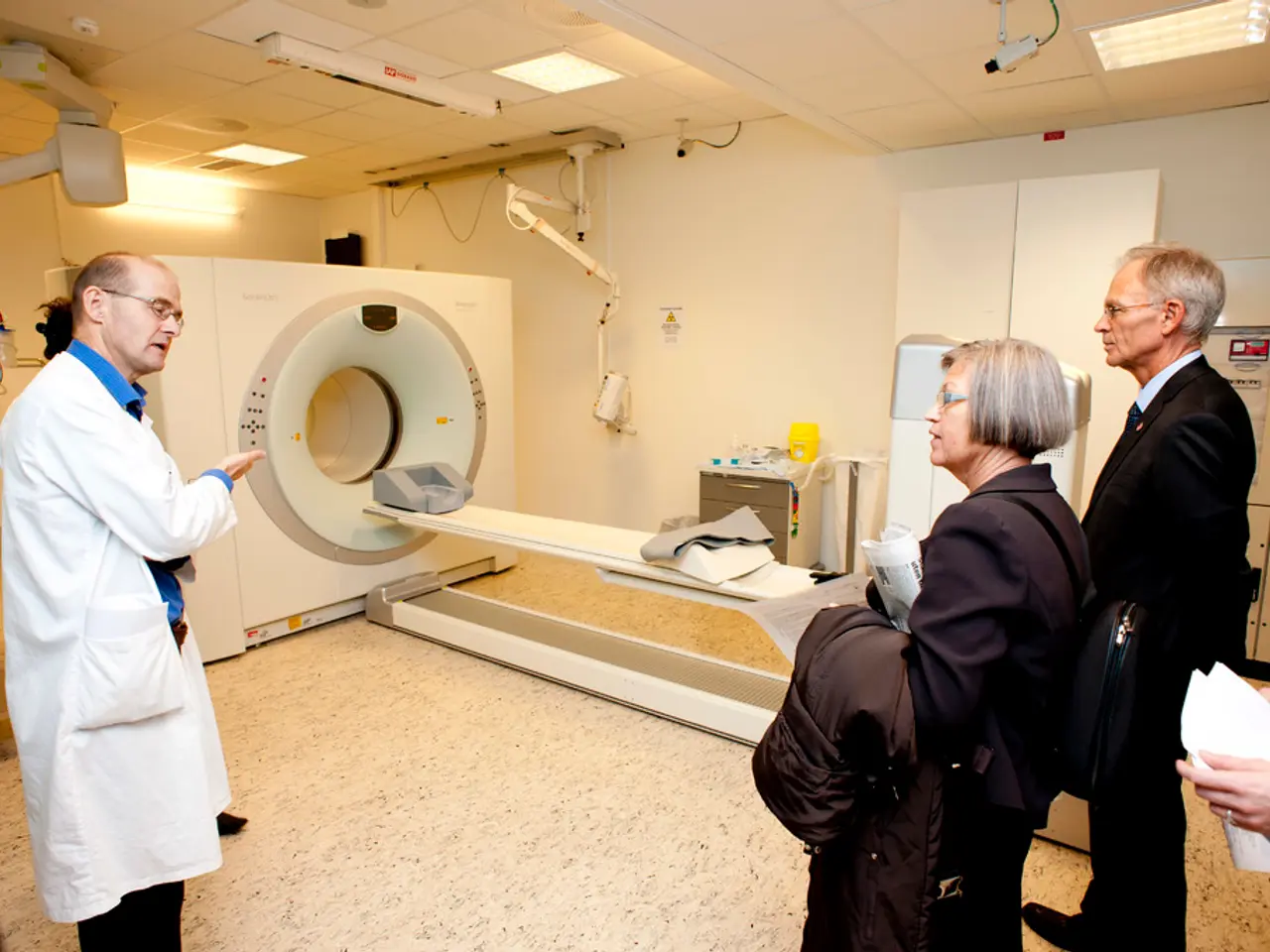The Importance of Medical Coding in Healthcare Operations
================================================================
In the intricate world of healthcare, medical coding plays a pivotal role, connecting various stakeholders and ensuring the smooth functioning of the system.
Medical coding, a process that transforms medical diagnoses, procedures, services, and equipment into standardized alphanumeric codes, serves as a universal language for healthcare providers, insurance companies, and government agencies. This common language is crucial for clear communication and consistent documentation of medical procedures and diagnoses.
One of the key benefits of medical coding lies in its contribution to billing and reimbursement. Accurate and standardized billing is ensured, leading to correct insurance claims, minimized claim denials, speedier reimbursement processes, and fair payment for healthcare providers.
Beyond billing, medical coding plays a significant role in standardization and communication. By establishing a common language, it enables healthcare providers to communicate effectively with insurance companies and regulatory bodies, leading to clear and consistent documentation of medical procedures and diagnoses.
Accurate coding also helps maintain comprehensive and precise medical records. These detailed records support effective communication among care teams, ensuring proper follow-up and coordination of care.
In the realm of research and statistical analysis, medical coding facilitates the collection and analysis of reliable health data. This data is instrumental in tracking disease patterns, evaluating treatment outcomes, and informing public health policy and clinical decision-making.
Medical coding is also essential for regulatory compliance and auditing. It supports adherence to healthcare regulations, assists auditing processes, and helps prevent fraud and abuse by providing clear, auditable medical documentation.
Moreover, medical coding contributes to operational efficiency. By streamlining billing workflows and minimizing errors, it contributes to faster claims processing and reduces administrative burdens, improving overall healthcare revenue cycle management.
Clinical coding also helps protect patient confidentiality. By restricting access through a specialized coding language, it ensures sensitive health data is only available to authorized personnel.
In summary, medical coding is fundamental to accurate healthcare billing, quality patient care, reliable health data management, regulatory compliance, operational efficiency, and data confidentiality. It underpins the financial, clinical, and administrative functions of modern healthcare systems.
The importance of medical coding extends beyond its technical aspects. It is essential for the financial and operational stability of healthcare organizations. As the demand for healthcare services continues to grow, there is a growing need for skilled medical coders, making it a promising career path in the medical field.
Medical coding is utilized by numerous professionals, including hospitals, healthcare providers, insurance companies, government agencies, medical researchers, and public health organizations. These codes are derived from medical documentation, such as physician notes, laboratory results, and radiology reports.
Lastly, medical coding plays a crucial role in public health initiatives. It allows for clear communication, disease trend monitoring, and statistical analysis, thereby supporting public health initiatives and ensuring the health and wellbeing of communities. Accurate coding also allows healthcare providers to track patient histories, treatments, and diagnoses systematically, improving patient care and safety.
In conclusion, medical coding is an indispensable tool in the modern healthcare landscape, connecting various stakeholders, facilitating communication, ensuring regulatory compliance, and supporting operational efficiency. Its role in maintaining accurate medical records, enabling research and statistical analysis, and safeguarding patient confidentiality makes it a critical component of the healthcare system.
- Medical coding, a central aspect of the healthcare industry, contributes significantly to the financial and operational stability of healthcare organizations.
- With the increasing demand for healthcare services, the need for skilled medical coders is growing, making it a promising career path in the medical field that achieves integrity in medical-conditions documentation while promoting health-and-wellness initiatives.




